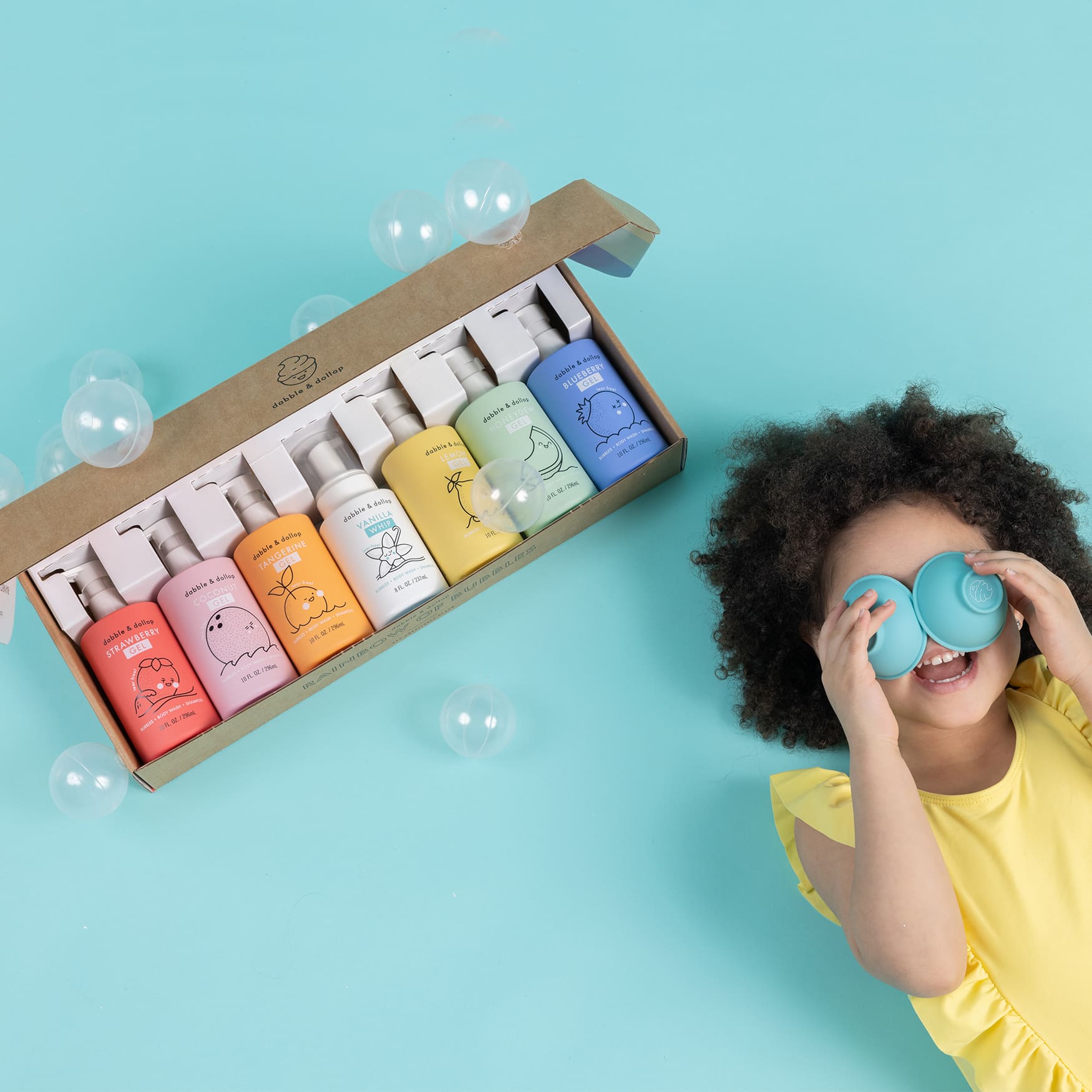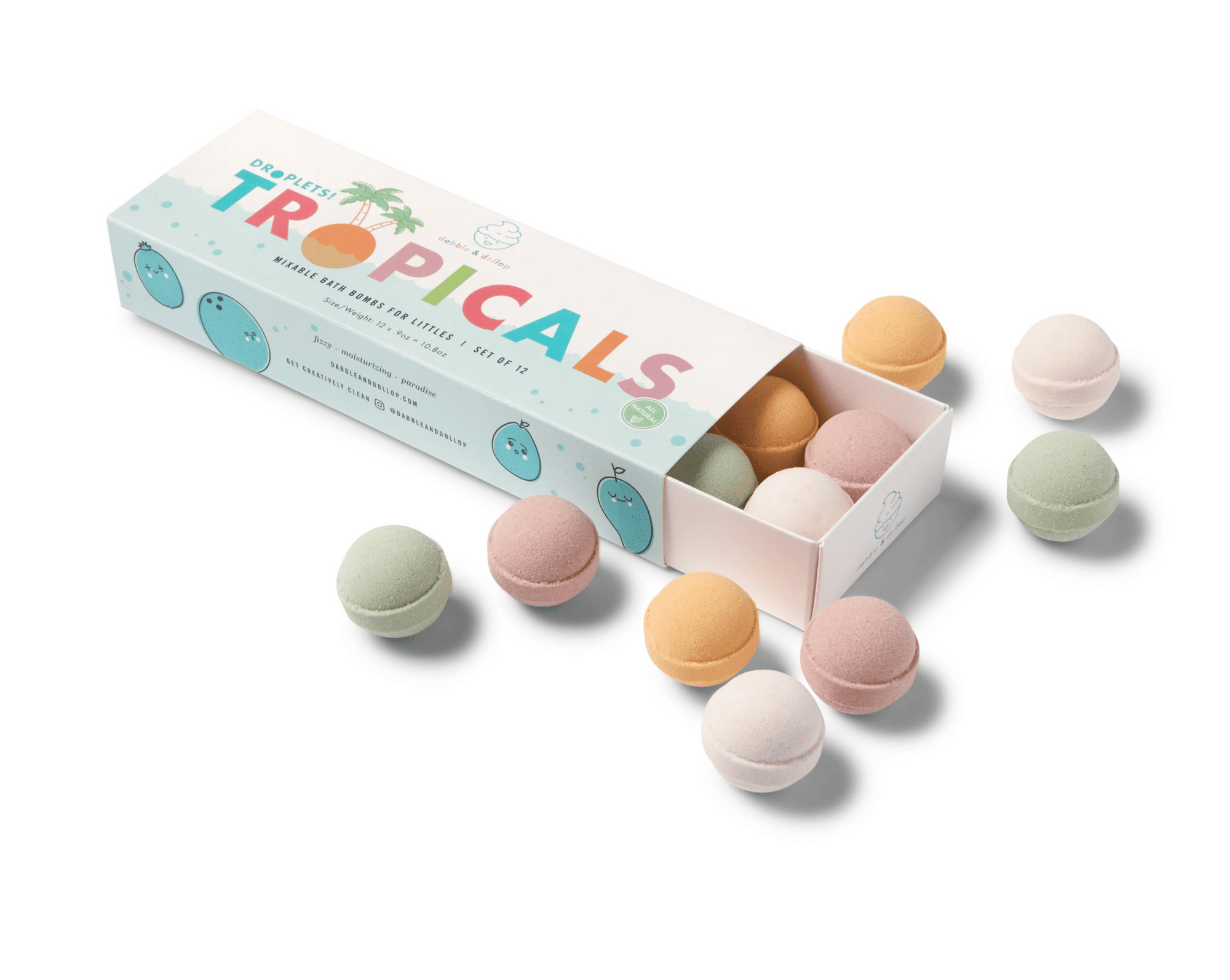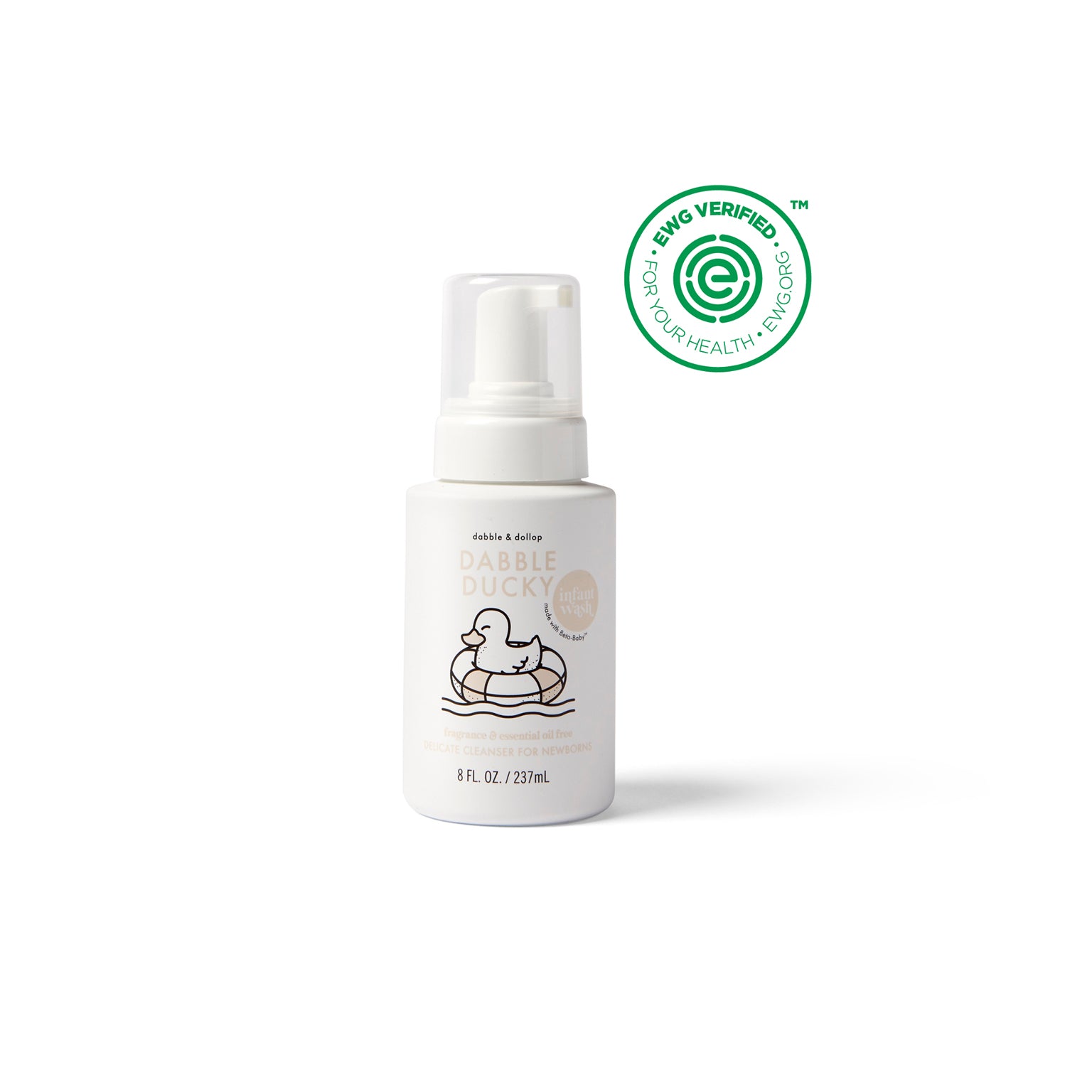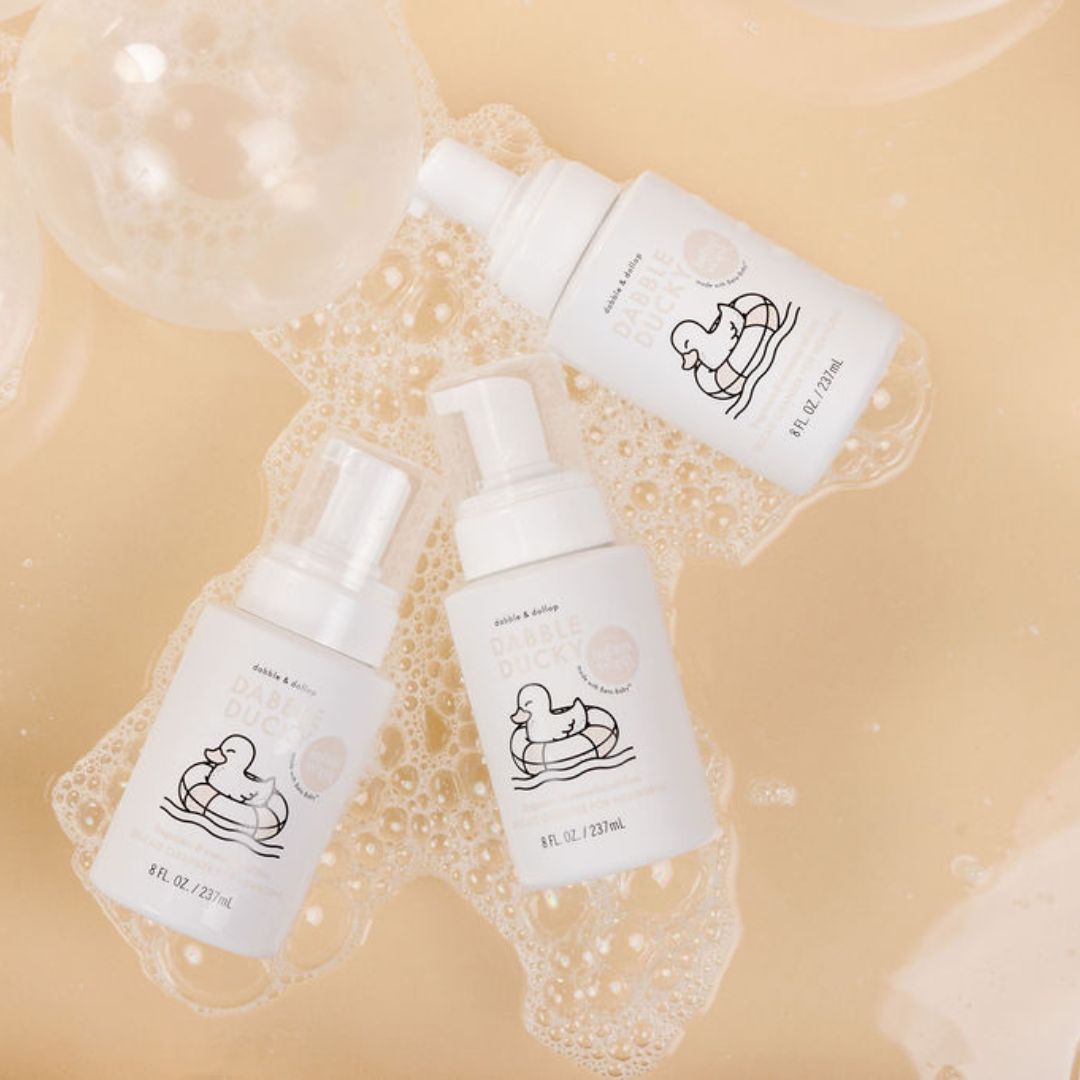
Bath Time for Stress Relief
While childhood is generally associated with carefree and joyful experiences, there are several factors that can contribute to stress in young children these days. According to a survey conducted by the American Psychological Association (APA) in 2019, Generation Z (those born between 1997 and 2012) reported the highest stress levels compared to other generations, with an average stress level of 5.8 on a 10-point scale. This indicates that young people are experiencing significant stress.

Academic expectations, performance evaluations, homework assignments, and peer interactions can create stress for children, especially as they navigate new environments and face increasing academic demands. Academic pressure is a significant source of stress for many children. The National Survey of Children's Health (NSCH) conducted in the United States in 2018 found that 45% of parents reported their children experiencing stress related to school.
As children grow older, social dynamics become more complex. Peer pressure, social comparisons, the desire to fit in, and the fear of rejection can be sources of stress for young kids. They may worry about making friends, being liked, or being included in social activities. Bullying is a common stressor for children. According to the National Center for Education Statistics, during the 2019-2020 school year in the United States, approximately 20% of students aged 12-18 reported being bullied at school.
While extracurricular activities can provide valuable opportunities for growth and skill development, overscheduling can overwhelm young children. Juggling multiple activities, balancing schoolwork, and feeling the pressure to excel in various areas can contribute to stress.
Exposure to media, including social media, can expose young children to unrealistic standards, comparisons, and information that may cause stress. Society's emphasis on achievement, appearance, and success can create pressure for young kids to meet certain ideals.

Stress in children can have a significant impact on their mental health. According to the CDC's National Health Interview Survey (NHIS) conducted in 2019, approximately 7.1% of children aged 3-17 in the United States had diagnosed anxiety, and 3.2% had diagnosed depression. Chronic stress in children can lead to various health concerns. According to the American Academy of Pediatrics, stress can contribute to issues such as sleep disturbances, headaches, stomachaches, changes in appetite, and even immune system dysregulation.
To top that all off, the COVID-19 pandemic has increased stress levels for many children. A study published in JAMA Pediatrics in 2021 found that during the pandemic, parents reported a higher prevalence of behavioral and emotional difficulties in their children.
Bathe those Worries Away
Taking a bath can be an effective and enjoyable way to relieve stress and promote relaxation. The warm water in a bath can help soothe tense muscles and promote a sense of physical comfort. It can provide a gentle, enveloping sensation that helps the body relax and release tension. When your child immerses themselves in a bath can have a calming effect on the nervous system. The warm water and relaxation trigger a parasympathetic response, which helps counteract the effects of stress and promotes a state of relaxation. Taking a bath can create a tranquil environment that allows you to escape from daily stressors. It provides a quiet and private space where you can unwind, reflect, and recharge. Its device-free time, which is so important. Adding elements like calming scents, soft music, or candlelight can further enhance the atmosphere and promote emotional relaxation.

A warm bubbly bath can engage multiple senses, creating a sensory experience that contributes to stress relief. The feeling of warm water on the skin, the scent of bath products (try our Rainbow of Bubbles, a mixable bath soap for kids), the sound of running water, and even the visual appeal of a beautifully prepared bath can all contribute to a relaxing and pleasurable experience. Encouraging your child to take a nightly bath offers an opportunity for self-care and self-nurturing. By dedicating time specifically for relaxation, you prioritize their well-being. This act of self-care can help alleviate stress and promote a sense of self-compassion.
Even my daughter, who is now nearly 13 still takes an evening bubble bath. The reason she still takes a bath is for the exact reasons listed above. It’s a wonderful habit to help your children cope with the stresses of today’s world. Nothing is more important than the well being of your child so bathe those worries away!










